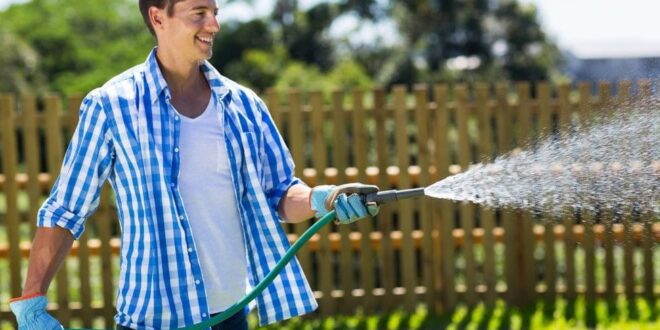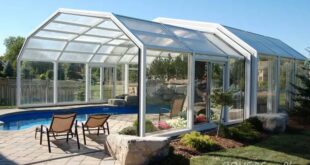Garden hoses are a staple in any gardener’s toolkit. They are versatile, convenient, and essential for maintaining a healthy garden. But with so many types, sizes, and materials available, choosing the right garden hose can be a daunting task. In this article, we will explore the different types of garden hoses, their benefits and drawbacks, and what to consider when selecting a garden hose for your needs.
Types of Garden Hoses
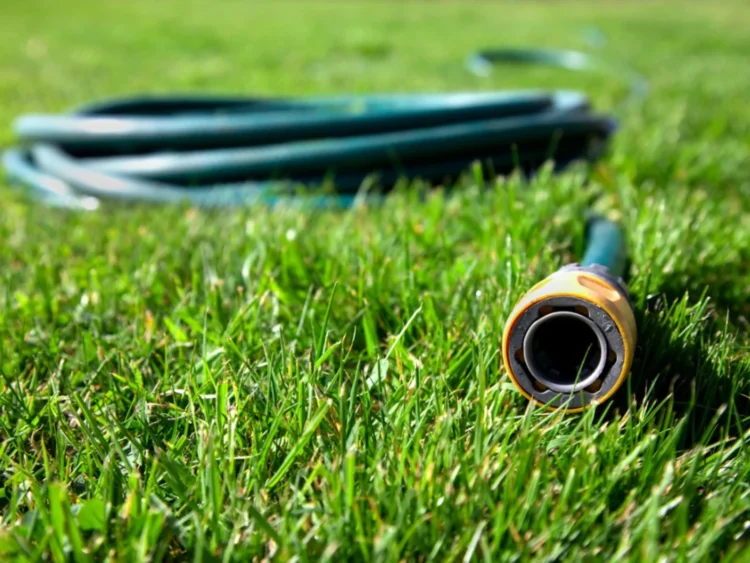
Garden hoses come in several types, each with unique benefits and drawbacks.
- Vinyl hoses ─ Vinyl hoses are the most common and affordable type of garden hose. They are lightweight, flexible, and easy to use. However, they are prone to kinks and cracks and may not withstand prolonged exposure to high temperatures and UV rays.
- Rubber hoses ─ Rubber hoses are more durable and less prone to kinks than vinyl hoses. They are also resistant to high temperatures and UV rays. However, they are heavier and more expensive than vinyl hoses.
- Expandable hoses ─ Expandable hoses are a relatively new type of garden hose that can expand up to three times their original length when water flows through them. They are lightweight, easy to store, and less prone to kinks. However, they are more prone to punctures and have a shorter lifespan than traditional hoses.
- Soaker hoses ─ Soaker hoses deliver water directly to the roots of plants, making them ideal for watering gardens, flower beds, and other delicate plants. They are less versatile than traditional hoses and may require more maintenance than other types.
- Electric garden hoses ─ It is a type of garden hose that is designed to be powered by electricity. It typically includes an electric motor and pump that are used to move water through the hose. This type of garden hose is often used for watering larger gardens or landscapes, as it can provide a constant and consistent flow of water without the need for manual pumping or adjusting the water pressure. Electric garden hoses are often more expensive than traditional garden hoses and may require additional maintenance, such as regular cleaning and upkeep of the motor and pump. They also require a power source, which can limit their portability and flexibility in use. However, they can be a useful tool for gardeners who need to water large areas or want a consistent and reliable water flow. Nevertheless, for big gardens and parks, these devices can be very helpful, as they save a lot of human time, performing tasks regularly and without any action from your side.
Benefits of Garden Hoses
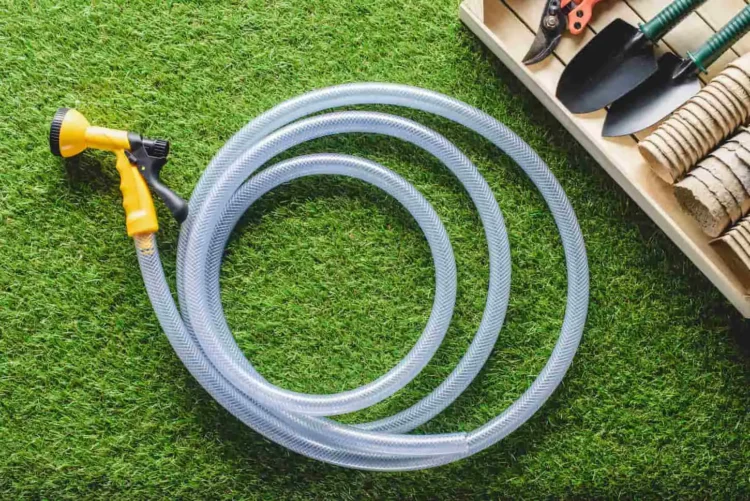
In addition to the above benefits, garden hoses can also help conserve water in the garden. Unlike watering cans, which can be time-consuming and inefficient, garden hoses can deliver a steady stream of water that can be directed where it is needed most. This can help gardeners avoid overwatering or under-watering their plants, which can lead to water wastage and plant damage.
Furthermore, garden hoses can be an environmentally friendly choice for gardeners who are looking to reduce their carbon footprint. By using a garden hose instead of a pressure washer or other high-powered cleaning equipment, gardeners can save energy and water while still achieving the desired cleaning results.
Another advantage of garden hoses is that they are easy to use and require minimal maintenance. With proper care and storage, garden hoses can last for many years, providing gardeners with a reliable tool that can be used season after season.
Overall, garden hoses offer gardeners a versatile, convenient, and cost-effective tool that can help them achieve beautiful and healthy gardens. By choosing a high-quality garden hose and following proper maintenance and care practices, gardeners can enjoy the benefits of this essential tool for years to come.
Factors to Consider When Choosing a Garden Hose
When selecting garden hoses for sale, several factors should be considered.
- Length: Choose a hose that is long enough to reach all the areas of your garden. However, avoid hoses that are too long, as they can be difficult to maneuver and store.
- Diameter: Choose a hose with a diameter that is appropriate for your needs. Larger-diameter hoses deliver more water and are ideal for larger gardens, while smaller-diameter hoses are suitable for smaller gardens.
- Material: Select a hose made from high-quality materials that are durable and resistant to kinks, cracks, and leaks. Rubber and vinyl are the most common materials used in garden hoses.
- Fittings: Choose a hose with high-quality brass or metal fittings that will not rust or corrode over time. A hose with poor-quality fittings may leak or burst over time.
- Hose reels: Hose reels are an optional accessory that can make it easier to store and use garden hoses. They come in a variety of sizes and materials and can be mounted on a wall or left freestanding.
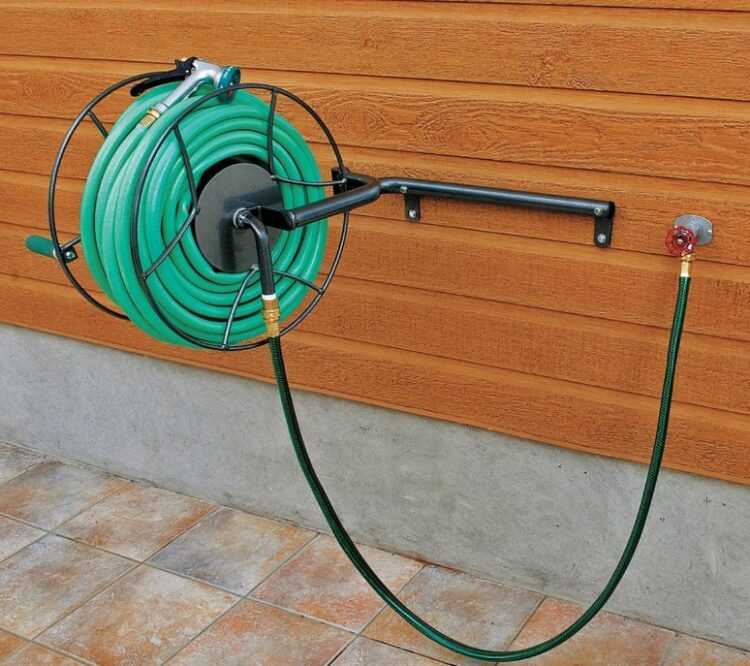
Why do you need a garden hose?
Garden hoses are an essential tool for any gardener. They offer convenience, versatility, durability, and cost-effectiveness.
While garden hoses are primarily used for watering plants in gardens, they can also be used in various other settings. Some of the most common non-garden uses for garden hoses include:
- Washing cars: Garden hoses are ideal for washing cars as they deliver a high-pressure stream of water that can remove dirt and grime quickly.
- Cleaning outdoor surfaces: Garden hoses are also ideal for cleaning outdoor surfaces such as patios, decks, and driveways. They can be used to remove dirt, grime, and debris quickly and efficiently.
- Filling swimming pools and hot tubs: Garden hoses are often used to fill swimming pools and hot tubs. They can deliver a large volume of water quickly, which is essential when filling large pools and hot tubs.
- Cleaning gutters: Garden hoses can be used to clean gutters by flushing out debris and leaves that have accumulated in the gutter system.
- Watering indoor plants: Garden hoses can also be used to water indoor plants that are located far away from a water source. This is particularly useful for large indoor plants or when using heavy planters that are difficult to move.
Overall, garden hoses are versatile tools that can be used in a variety of settings beyond just the garden.
When selecting a garden hose, consider the length, diameter, material, and fittings. By choosing the right garden hose, you can ensure that your plants receive the water they need to thrive, and your garden remains beautiful and healthy for years to come.
 Hi Boox Popular Magazine 2024
Hi Boox Popular Magazine 2024
